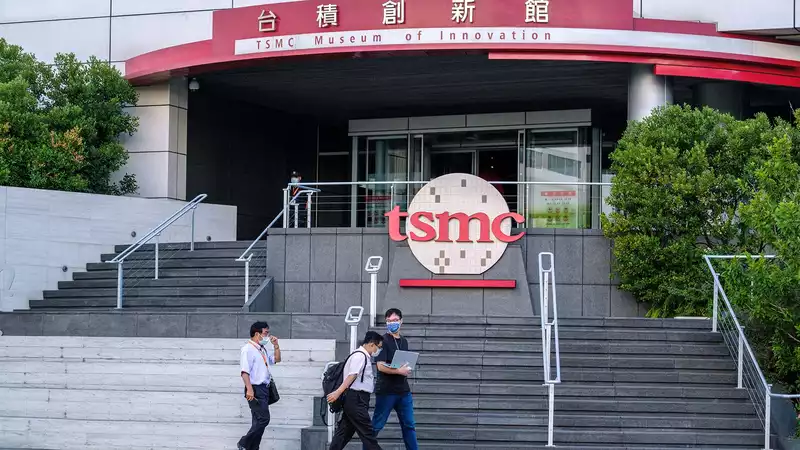The semiconductor industry is poised for a major shakeup as sanctions against China (open in new tab) and the US CHIPS Act (open in new tab) may slow down business in Taiwan. Of course, much of this was orchestrated by the US to bring more business into the country. Taiwan will continue to dominate the semiconductor industry (open in new tab) for some time to come, but we are beginning to see some changes.
Taiwan Semiconductor Manufacturing Company (TSMC) is one of the world's largest chipmakers, especially when it comes to advanced manufacturing, and according to NikkeiAsia (open new tab), TSMC is looking to bring some of its power to the US by producing 4nm chips in a new plant in Arizona. This is despite TSMC founder Morris Chang's earlier claim (open in new tab) that manufacturing in the US would be too costly.
TSMC has already secured customers for its U.S.-based factories, and those customers are not small businesses. Both Apple and Nvidia are set to be the first two companies to produce chips at the new plant, and other U.S. developers like AMD are reportedly negotiating their turn to manufacture at this homegrown plant.
The establishment of TSMC on North American soil is a major victory for the CHIPS Act, proving that various government subsidies can tempt already high-profile companies. This drive to bring advanced semiconductor manufacturing capabilities within the United States is massive and is seen as vital to the future of high-tech manufacturing. It is therefore not surprising that President Biden is scheduled to attend the ceremony where the first equipment will be installed at this facility.
Initially, the Arizona plant was planned to manufacture 5nm and 4nm chips, such as the iPhone 14 series, at a production rate of about 20,000 per month. The new plan means that the factory will be sending out cutting-edge 3nm wafers at a higher production capacity. Manufacturing such advanced chips in the U.S. seems to be exactly what the government wanted. Especially considering that they are currently only manufactured by TSMC, Samsung, and Intel.
However, it is also likely that this investment did not come cheap: as a company, TSMC has already poured $12 billion into the initial plans for the factory alone. No one currently mentions the figure it took to push this 4nm fab to a 3nm fab, but one would assume it is an incomprehensible number, and one would hope that it will be scalable with the 2nm chips coming in 2026, which will be the first of its kind in the world.


Comments